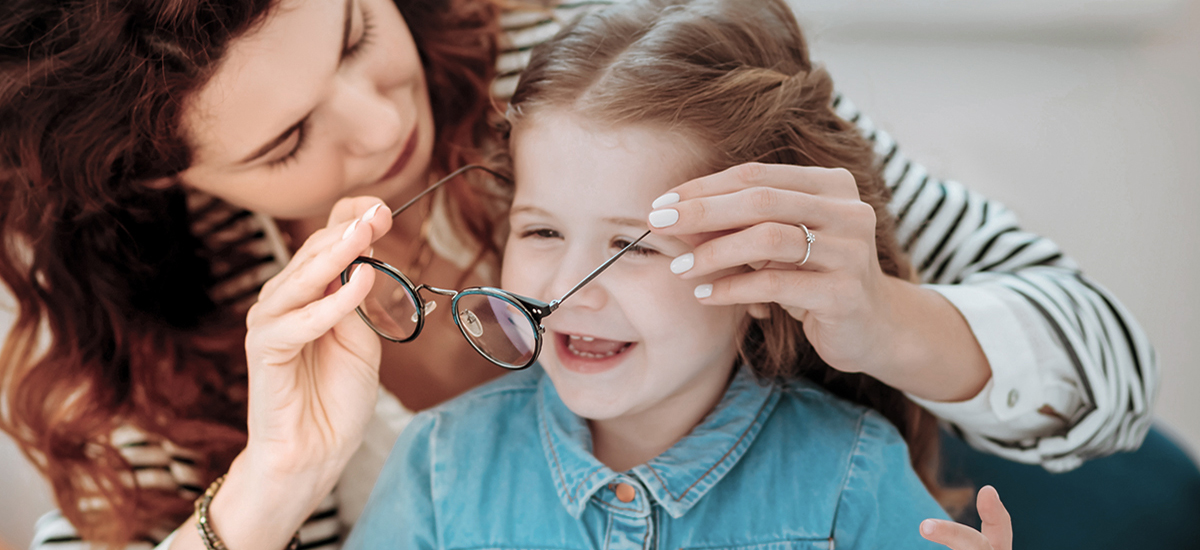What Are the Signs and Symptoms of Photokeratitis?

Did you know that enough exposure to the sun’s UV rays can impair more than your skin? It can also impact your eyes. According to the American Optometric Association (AOA), UVA and UVB light may have the most repercussions for your eye health and vision.
For instance, being around high levels of these types of UV light without the right eye protection, even for short periods, can cause photokeratitis. But photokeratitis can also happen when you stare at mirrored images from the sun on sand, snow, and water without wearing the proper eyewear. This form of photokeratitis is called snow blindness.
If you spend time outdoors, being aware of the signs and symptoms of photokeratitis is pertinent for your eye health. So, what is photokeratitis, and how does it affect you? Here’s what you should know.
Signs and Symptoms of Photokeratitis
Think of photokeratitis as a corneal sunburn. It may hurt a little, which is why we recommend taking precautions (e.g., wearing UV-blocking sunglasses and a hat) to protect your eyes from the adverse effects of this condition. However, just as sunburns on your body go away eventually, photokeratitis often does, too.
Most people don’t experience any long-term issues from general photokeratitis or snow blindness. However, it’s still important to understand the warning signs to ensure you get the proper treatment if needed.
Here are the primary signs and symptoms of photokeratitis:
#1: A Feeling Like Something’s in Your Eyes
We know you might want to touch your eyes if you feel like something’s in them, but resist the urge. The feeling like you have sand in your eyes--and other photokeratitis symptoms--should disappear within a few days. Also, if you’re a contact lens’ wearer, take out your lenses, and lay a wet towel over your eyelids to ease any discomfort. It may not heal your eyes, but it can help with the pain or annoyance.
#2: A High Tear Flow
Eye irritation from photokeratitis can cause your eyes to tear up more than usual. That doesn’t mean you can’t use eye drops, though. Just be sure to ask your Independent Doctor of Optometry before you do. They can also prescribe other medications to help your eyes if needed.
#3: Bloodshot Eyes
If you’ve been exposed to sunlight for too long, expect an impact on your eyes’ blood vessels. It may make your eyes look red or bloodshot, but don’t worry too much, as this symptom shouldn’t last long. Talk to your eye doctor if it proceeds for multiple days.
#4: Responsiveness to Bright Lights
After being around sunlight for too long, light sensitivity is natural, but photokeratitis can make it worse. If staying in the presence of bright lights hurts your eyes, consult your eye doctor about your options.
Summary: How to Tell If You Have Photokeratitis
Photokeratitis indicates an eye sunburn. The primary cause of this condition is being around UVA and UVB light (found in sunlight) for any length of time without UV-protective sunglasses. It can also occur due to looking at sand, snow, or water since they cast bright reflections from the sun.
The main signs and symptoms of photokeratitis include:
- A feeling like something’s in your eyes
- A high tear flow
- Bloodshot eyes
- Responsiveness to bright lights
More often than not, your photokeratitis will diminish within a few days. So, give it time. If it feels like it’s taking longer than it should or if your symptoms are painful or severe, please feel free to contact your nearest optical service provider. We’re here to assist you.
Click here to locate an eye care center in your city today.
Shop at For Eyes for your next pair of sunglasses
Protect your eyes with our stylish assortment of sunglasses from top brands. With styles for every season, keeping your eyes safe year-round is a breeze.











